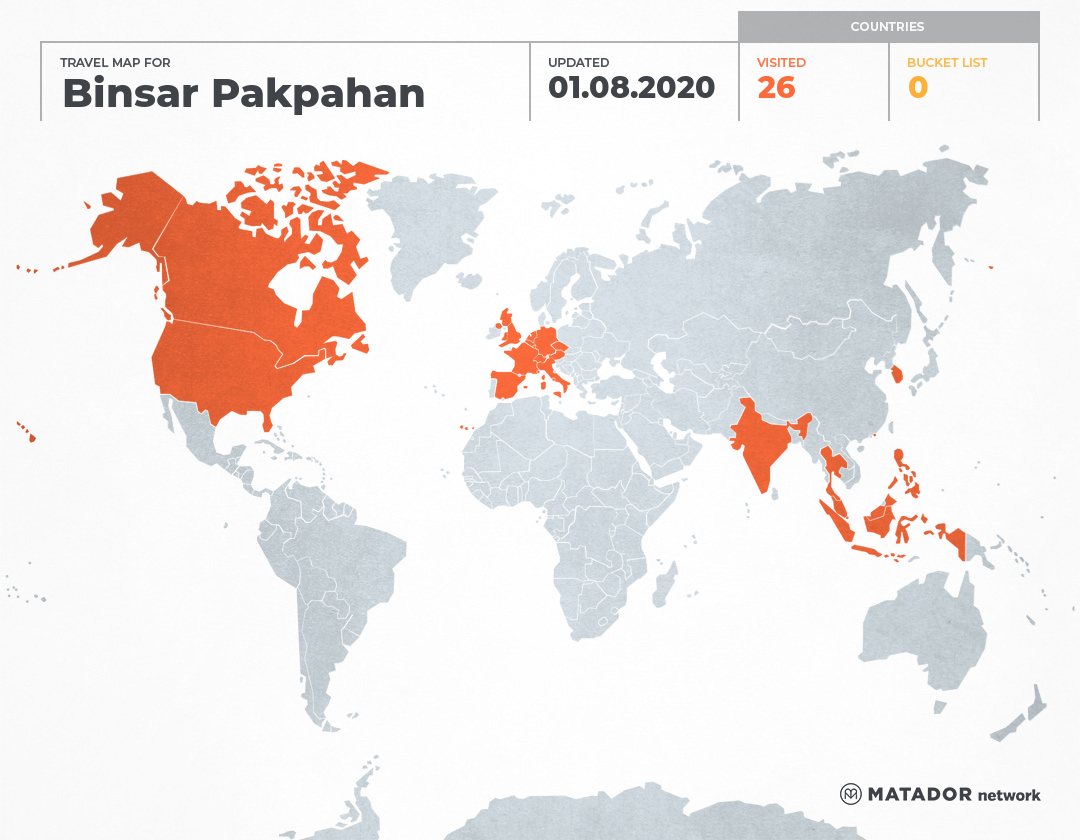Jakarta Globe (p. 10 GOVERNANCE)
Friday, April 5, 2013
http://www.thejakartaglobe.com/media/epaper/jg/2013/04/05/index.html#/10/zoomed
Police have officially named the Rev. Palti Panjaitan, pastor of the HKBP Filadelfia church in Bekasi, as a suspect—a clear example of misguided logic on the part of law enforcement. Almost every national television station showed the HKBP Filadelfia congregation and premises being doused by its antagonistic neighbors with sewage water and animal waste on Christmas Eve last year. Evidence showing Panjaitan’s innocence is available online — evidence that should be too clear to be ignored by the Bekasi Police. We see clearly on the videos a group of people threatening Panjaitan, either by body language or hate speech on speakers used to disrupt the church’s services. The report of a minor assault filed against Panjaitan can therefore be nothing more than a blatant falsification of what actually happened. Nevertheless, on March 22, Bekasi Police called up Panjaitan for questioning—as a suspect.
The philosopher Aristotle is considered the father of the deductive theory of reasoning in Western philosophy. His deductive logic was highly respected by Immanuel Kant and widely followed in the Arab world and the Medieval Latin language tradition. According to Aristotle, deduction is “Speech [logos] in which, certain things having been supposed, something different from those supposed results of necessity because of their being so” (Prior Analytics I.2). A common illustration is as follows: if we have as a major premise that “man is mortal,” and as a minor premise that “Aristotle is a human being,” the logical deduction or conclusion is that “Aristotle is mortal.” This formula was originally regarded as an astounding idea about how to draw conclusions from two existing different, but related, premises.
Panjaitan’s call-up as a suspect is a banal logical mistake that is too obvious to be ignored. First, let’s look closer atwhat happened that night. Bekasi Policewere present at the church.We can see them, and everything that happened to the congregation and to Panjaitan, in footage provided by both television stations and amateur videographers. However, one person from among those opposing the church decided to report that he was the one being attacked, by the pastor. The complainant is supported with testimony by 12members of his own group, but can show no physical evidence, no injuries from the “minor assault” he claims he suffered at Panjaitan’s hands.
Based on the complaint and testimonies, Panjaitan was named a suspect. If we apply Aristotelian logic here, we can say that the police seem to use as a major premise “A claims to have been assaulted by B,” and as a minor premise, “12 people Saw A being assaulted by B,” and draw the conclusion that “A was assaulted by B.” To arrive at a logical conclusion, according to Aristotle, the major premise must be universal, and the term that appears as the object in the major premise must become the subject in the minor premise. But there is no universal premise: a “claim” is, by definition, something unproven. The testimony of 12 people does not necessarily constitute a logical conclusion. So the police will always require other corroborating evidence, which may not appear in the early examination of the case.
If such misguided logic is used by the police, then any person can become a suspect of any assault as long as there are witnesses (even those clearly biased in favor of the complainant). Without any physical evidence or further investigation, a complaint cannot be addressed, let alone establish a person as a suspect.
Second, the police apparently took the report seriously. The Bekasi Police response seems to indicate that it has its own set of rules. If, let’s say, group A does not like group B, then group A is allowed to disturb and harass group B, and yet report group B to the police for the disturbance and harassment. Based on the report filed by groupA, the police will consider group B as the suspect. If “A dislikes B” is followed by “A files a report on B,” to arrive at the conclusion “B is guilty” is faulty reasoning. If the police had used the right principles of investigation, the two opposing groups would have been brought together and the evidence on both sides examined, as happened in recent cases involving socialites.
This kind of “blaming the victim” has happened before. A member of GKI Yasmin in Bogor, another Christian congregation, was reported to police in 2011. The complaint was not proven and subsequently withdrawn. However, the government has not made any clear statement on recent cases of intolerance in Indonesia. There seems to be tolerance toward the intolerant. And it is worth recalling what Martin Luther King Jr. once said: destruction occurs not because of the loud voice of extremists, but because of the silence of the moderates.
Now, while the president goes on to promote Indonesia’s atmosphere of religious tolerance to the outside world and inter-religious dialogue at the elite level is touted as a sign of harmony in Indonesia, conflicts at the grass-roots level are being ignored. If the misguided logic of the Bekasi Police continues to be the norm, we can only be pessimistic about the possibility of justice in the land of Pancasila. Unprofessional response and one-sided behavior by the police force will diminish the trust of the people in the current legal system. Let’s hope the Bekasi Police will return to correct logical thinking and uphold the law so that this case can be properly resolved.
Binsar J. Pakpahan is a lecturer on philosophy and ethics at the Jakarta Theological Seminary.
Viewed 18096 times by 4572 viewers




